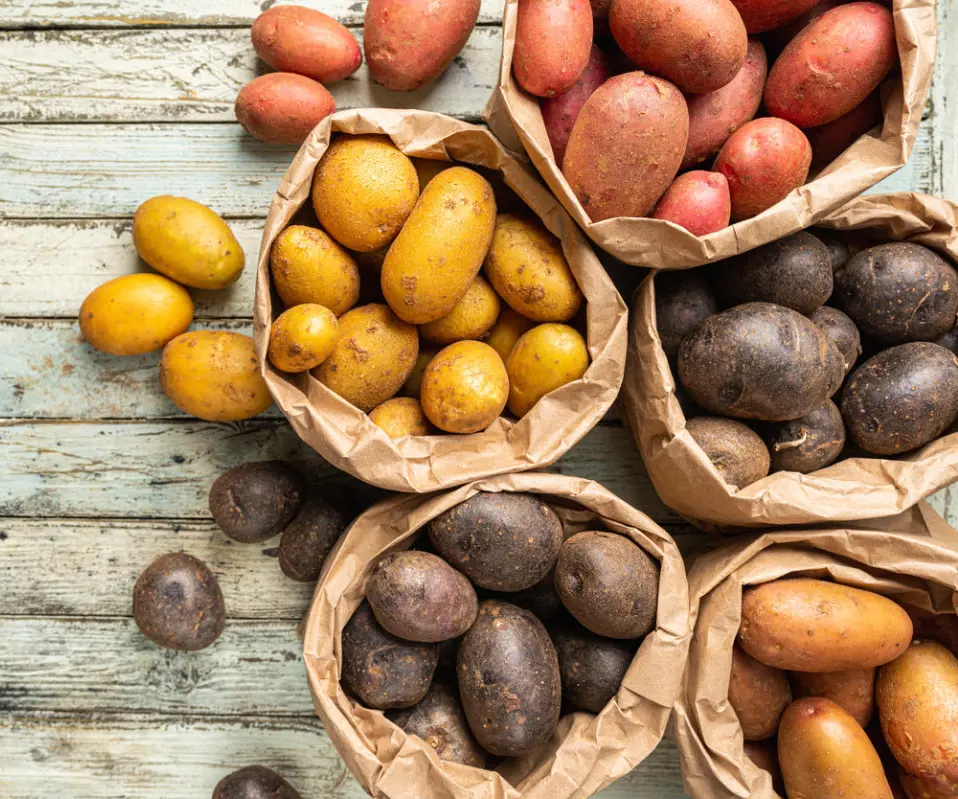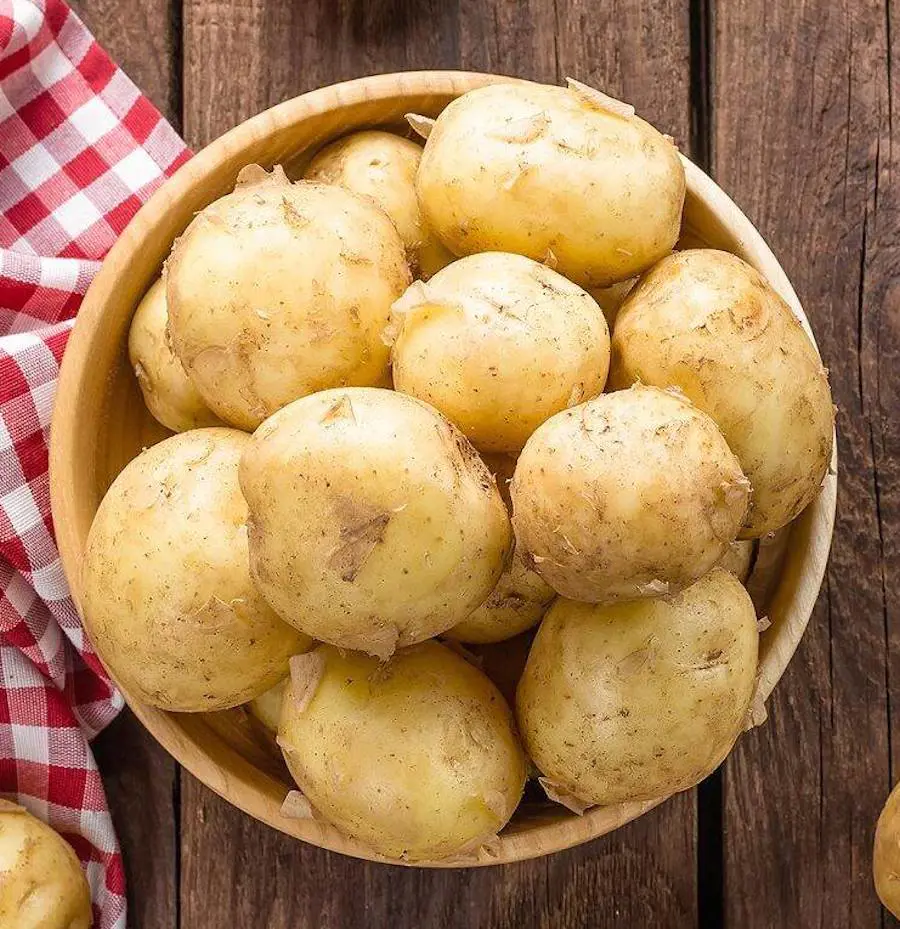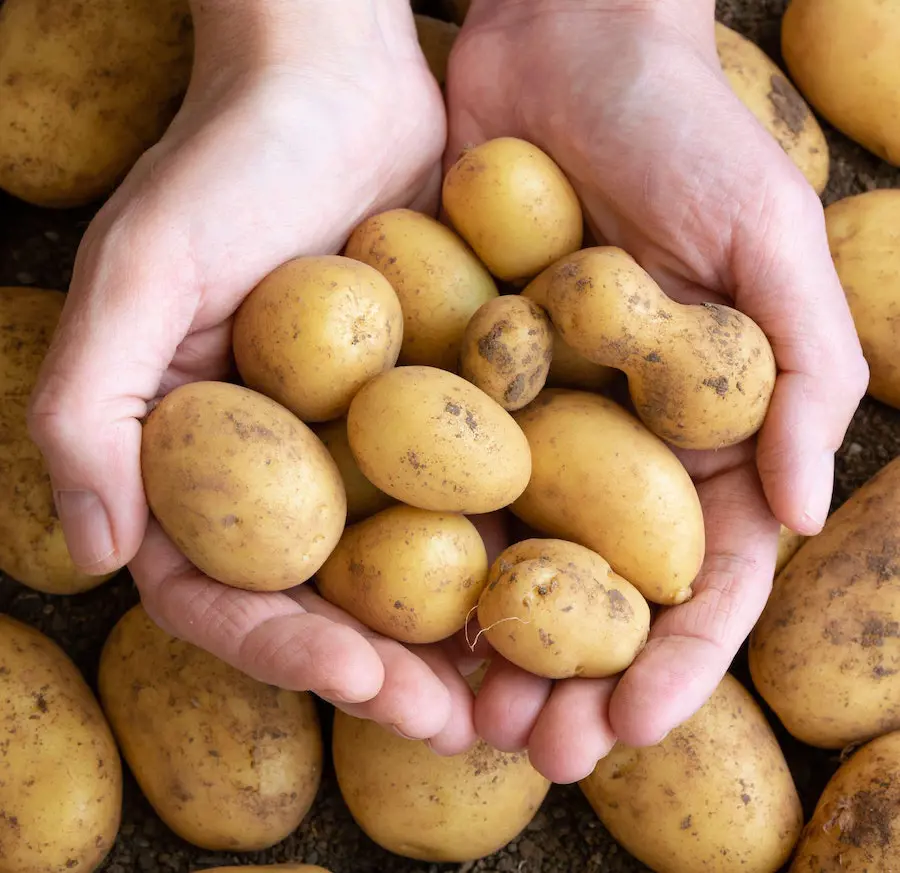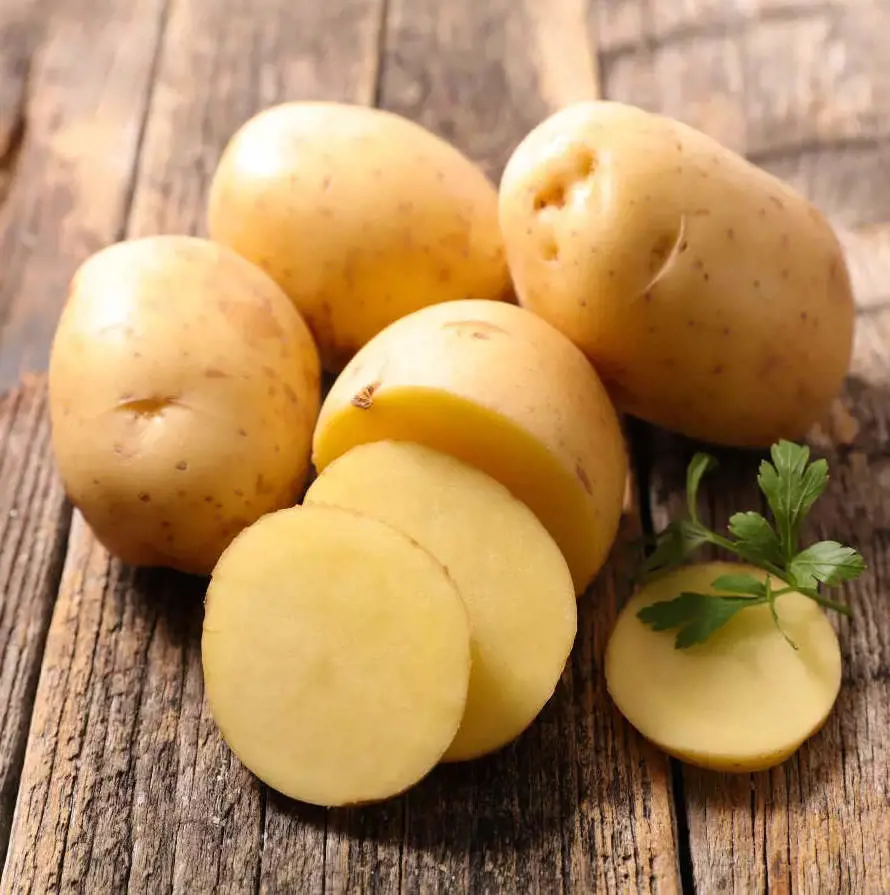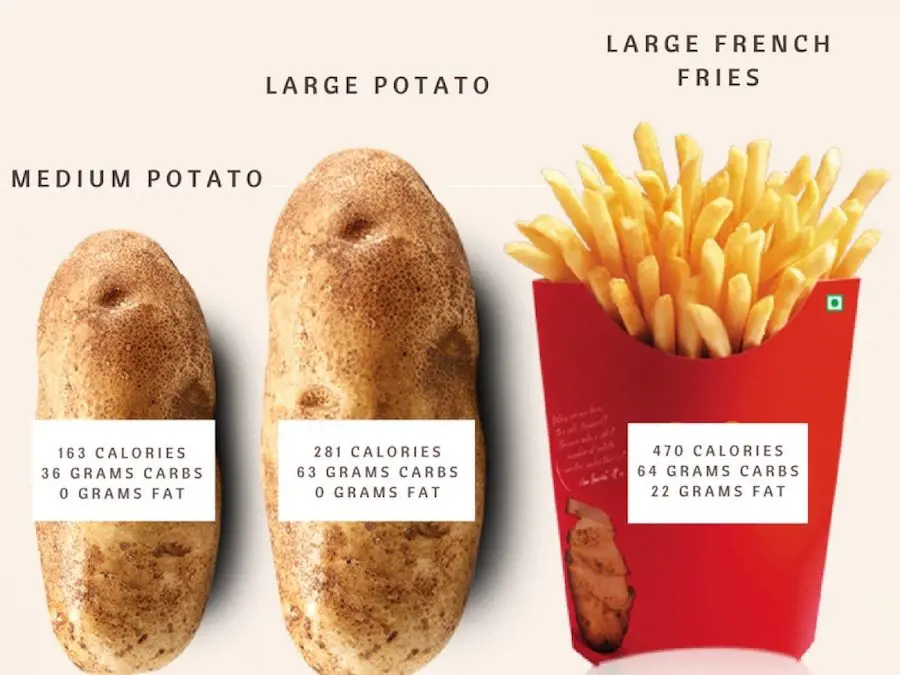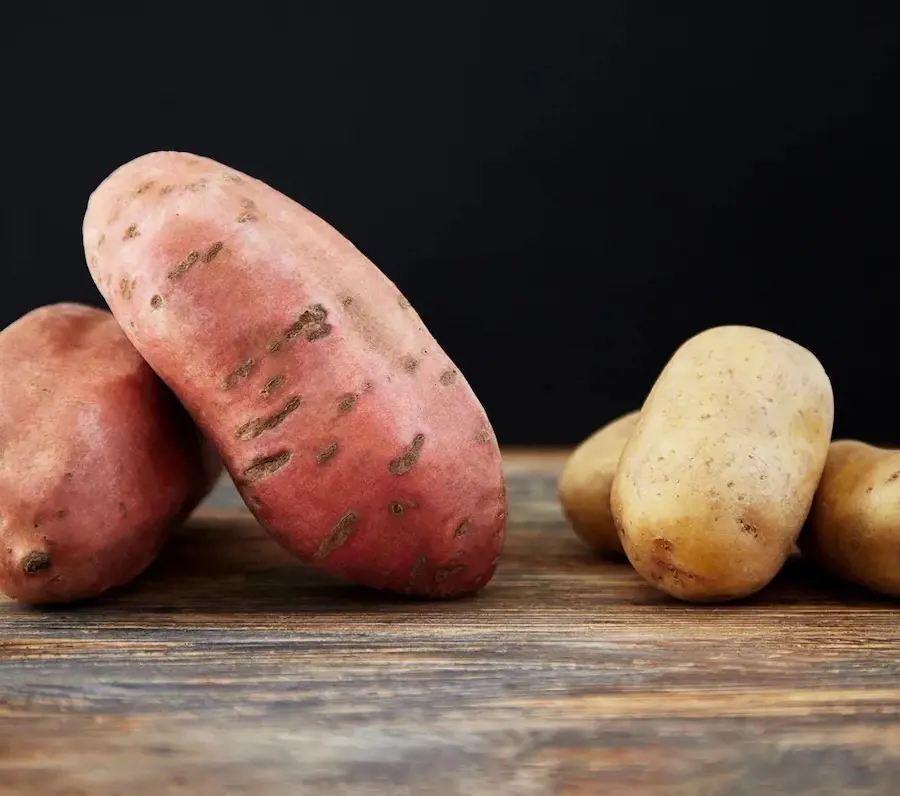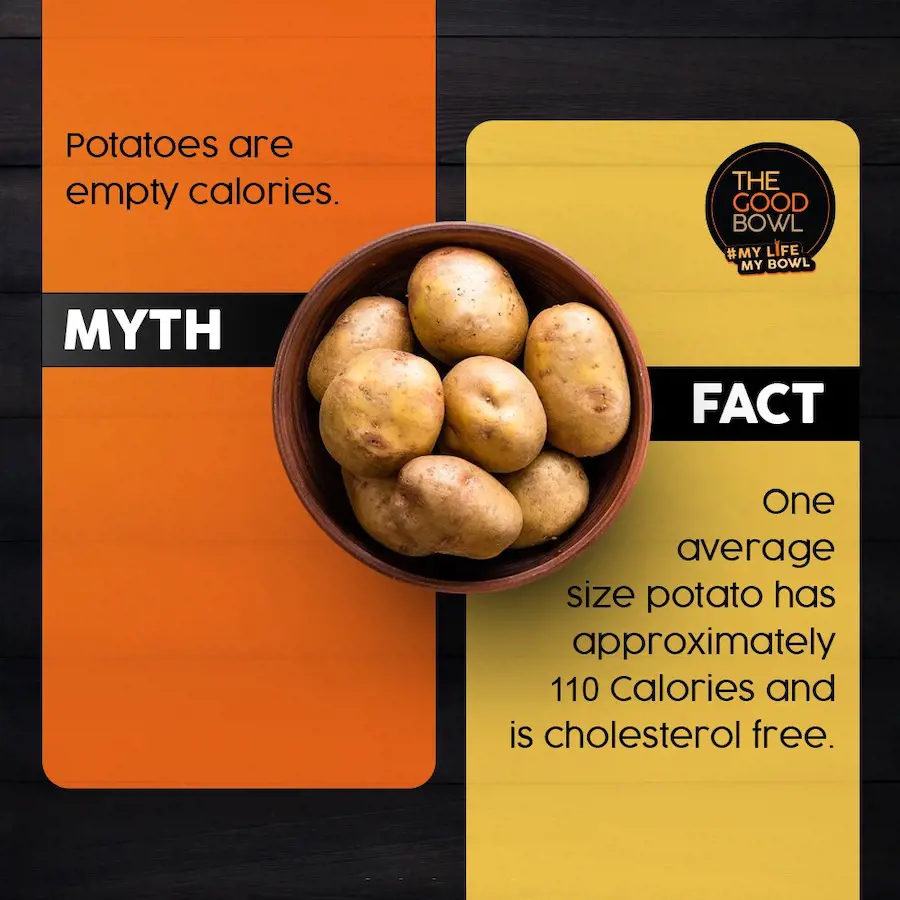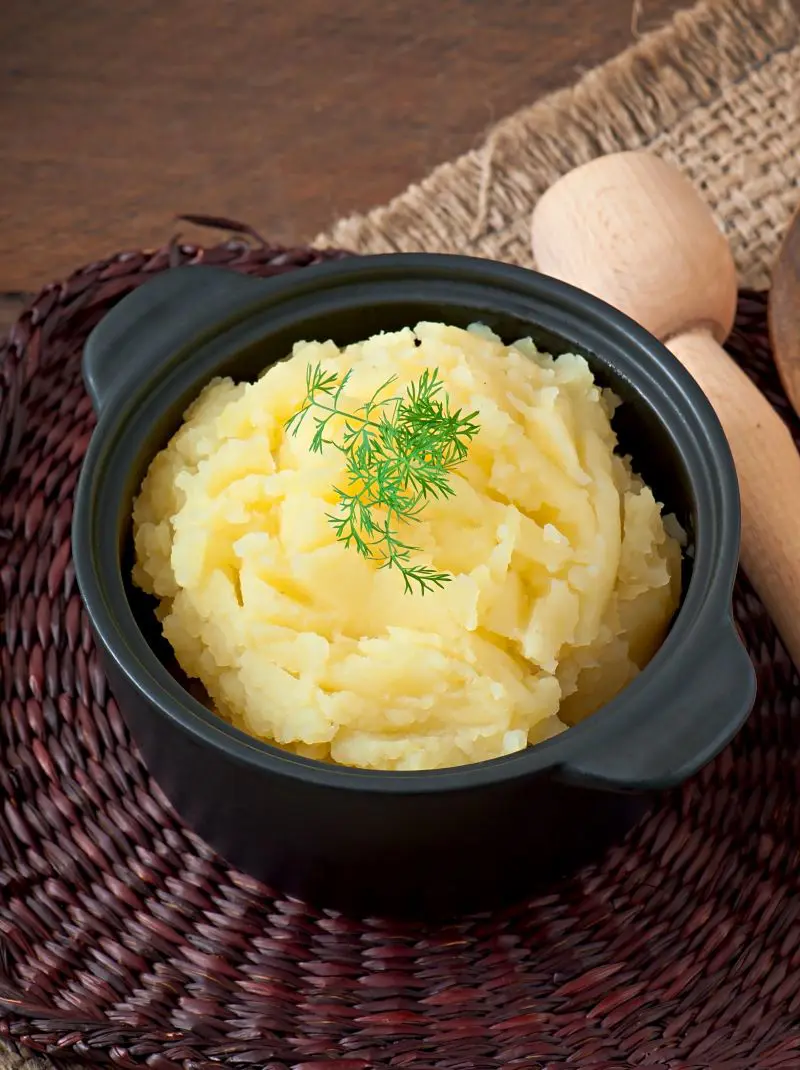1. Nutritional Composition
Potatoes are starchy vegetables that are rich in nutrients. Here is the nutritional information for a medium-sized potato (about 150 grams):
- Calories: 110
- Carbohydrates: 26 grams
- Fiber: 2 grams
- Protein: 2 grams
- Fat: 0 grams
- Vitamin C: 30% of the recommended daily intake (RDI)
- Vitamin B6: 10% of the RDI
- Potassium: 15% of the RDI
- Magnesium: 6% of the RDI
- Iron: 4% of the RDI
Potatoes are also a good source of antioxidants, especially when eaten with the skin on. They are low in sodium and cholesterol-free. However, keep in mind that the nutritional content may vary depending on the cooking method and additional ingredients used.
